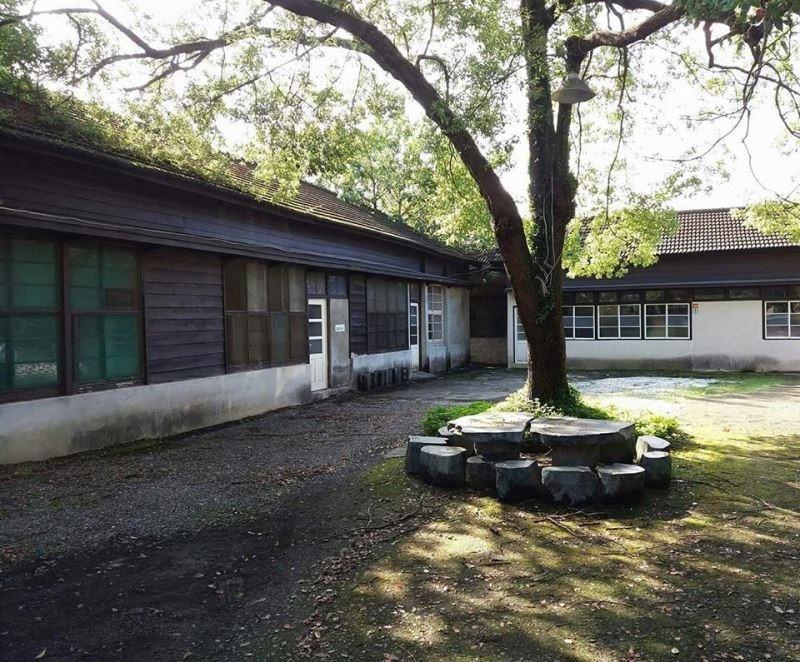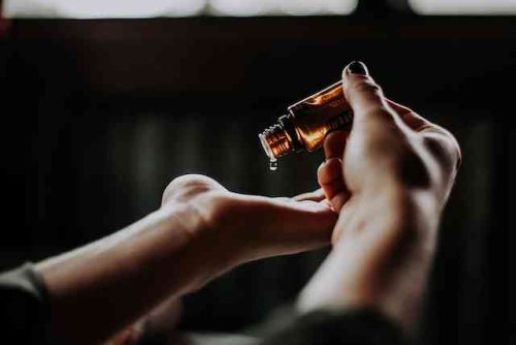A Nantou County Government proposal to reconstruct historic buildings in Jiji Township that were erected during the Japanese colonial period to serve as offices for the camphor industry has been approved by the Ministry of Culture (MOC), according to a news release.
The project to restore the buildings will run from 2019 through 2023, with a budget of NT$199.5 million (US$6.5 million), of which NT$159.6 million comes from a subsidy provided by the MOC. “In the future, the local character of the site will be shaped through civic participation and dialogue” in order to “drive local cultural industries and bring joint prosperity,” the statement read.
Minister of Culture Cheng Li-chiun (鄭麗君) said that the revitalization of the site will restore some of Taiwan's few surviving and most intact Japanese-era dormitories and office complexes.
The project will restore all 11 buildings on the site, which cover an area of over 3,300 square meters and are located in the heart of Jiji. This means that “There are a number of possibilities for reuse after the restoration is complete,” the MOC said.
According to the news release, these buildings reflect the traditional Japanese architectural style, complete with "black cement tiling, bamboo-reinforced cement walls, and clapboard siding (also known as weatherboards) made of timber.”
Camphor, which was used in the production of photographic film, drugs, and in the past, even gunpowder was on par with the modern electronics sector in terms of importance, the MOC said. Taiwan’s camphor industry reached its prime during Japanese rule, and the island was the world’s largest camphor exporter.
Since the Japanese left Taiwan following their defeat in World War II, the buildings have been used as dormitories by various government agencies and state-run enterprises, according to the statement.
Source:Taiwan News








